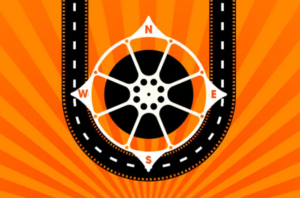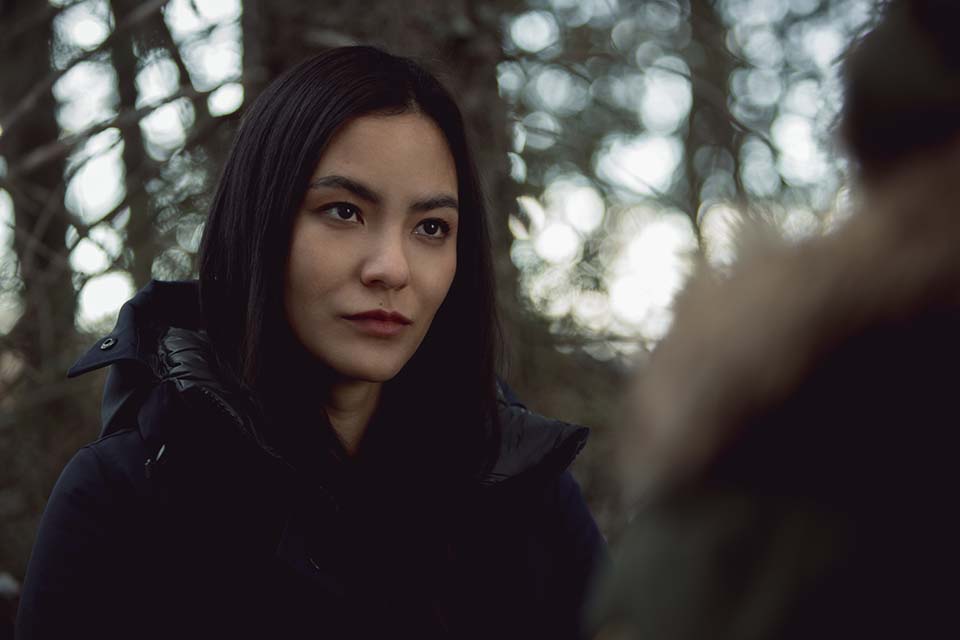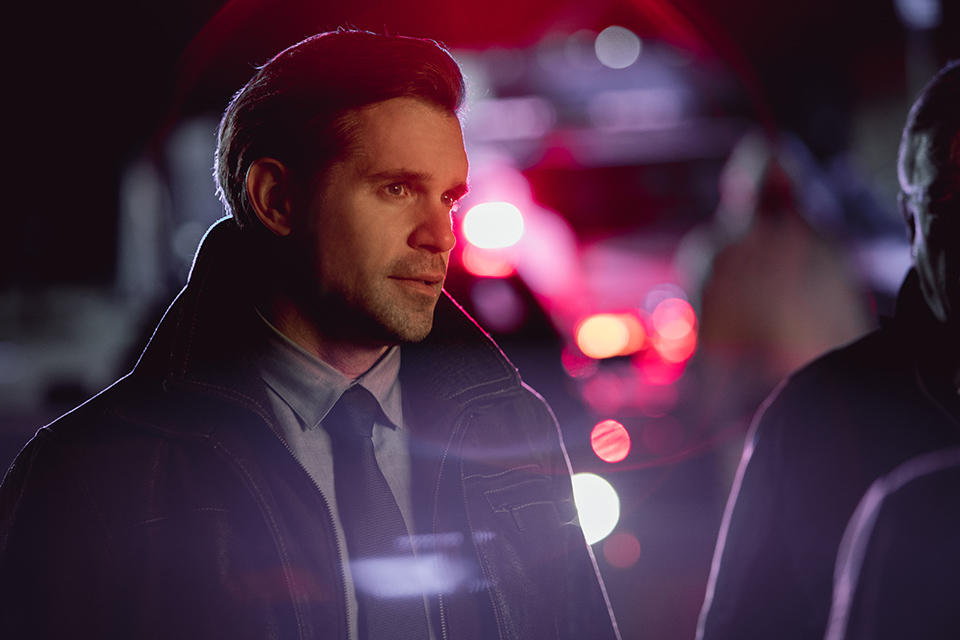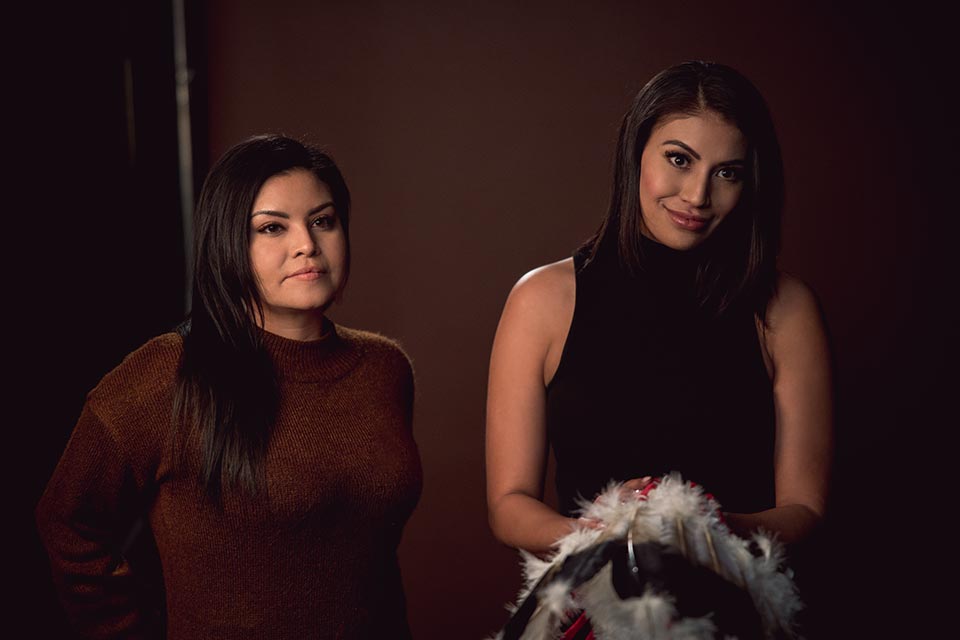
MovieMaker Magazine ranks Calgary, Alberta as one of the best places to live and work in film
Before we begin our latest list of the Best Places to Live and Work as a Moviemaker: Some obvious background.
The COVID pandemic continues to rage on two years after the virus landed on American shores, and one of the few silver linings has been a revolution in telecommuting — giving us all more freedom than ever before to live and work where we want, how we want.
The movie industry is no exception. Post-production coordinators are managing workflow between editors and animators from the comfort of their own homes, and the writers’ room may also be a bedroom. Production, however, can’t always be facilitated through Zoom calls. So for on-set crew, producers, and directors, it remains essential to be close to someone yelling “Action!”
Fortunately, there is no shortage of production hubs springing up in cities, big and small, around North America. And a few — like Albuquerque and Atlanta — are even shaping up to rival MovieMaker Best Places to Live and Work as a Moviemaker Hall of Famers Los Angeles and New York. Dozens of other municipalities are nipping at their heels with very attractive tax incentives and infrastructure development, luring more projects to previously overlooked areas.
Let’s dive into the evolving filmmaking landscape across the continent, starting with America’s iconic entertainment capitals. These are the Best Places to Live and Work as a Moviemaker in 2022.
10. Calgary
Last year, we declared that the future of this Canadian city looked bright when productions brought in $200 million, and we weren’t lying: that figure jumped to $500 million in 2021. HBO’s The Last of Us, an adaptation of the popular post-apocalyptic video game, shot in the region last fall with star Pedro Pascal (The Mandalorian), and Andrew Garfield was in the area as well to shoot the upcoming HBO series Under The Banner Of Heaven, executive produced by Jason Bateman, Dustin Lance Black, Ron Howard, and Brian Grazer. And the Predator offshoot Skulls shot in the area last spring.
Luke Azevedo, the film commissioner of the Calgary Economic Development office, tells MovieMaker that this film-friendly city “isn’t just a city to make a good living; It’s also a city to make a great life.” Outdoor enthusiasts will appreciate the easily accessible mountains and trails for weekend adventuring in an area known for 333 days of sunshine, as well as the rich culture in the city: It boasts six independent movie theaters, over a dozen museums, many live music venues, and a growing list of film festivals. “We offer an unparalleled variety of locations with the Rocky Mountains, Prairies and Badlands at the doorstep of a thriving, inclusive, and safe urban municipality,” adds Azevedo. He’s also jazzed about continuing to nurture “equity, diversity, and inclusion” within the city’s film scene through collaborations with the Calgary Black Film Festival and Being Black in Calgary, as well as Indigenous partners.
Ron E. Scott, the founder of independent production company Prairie Dog Film + Television, takes advantage of that scenery to shoot the police procedural Tribal. “Growing up in Alberta, I’m thankful to have Calgary close by as it offers many variations for high-production-value locations,” he tells MovieMaker. “With the drama series Tribal, our goal is to tell relevant, ripped-from-the-headlines Indigenous voiced stories that aren’t typically shown on-screen.”
He adds: “Calgary also offers an incredibly diverse landscape that makes it so storytellers have choices. You can go from a busy big city downtown to gorgeous mountain views or sprawling prairies within 30 minutes. Film and TV production has been booming in Alberta, and we are proud to be a Calgary company that facilitates all stages of production, including post-production for its shows in this province.”


